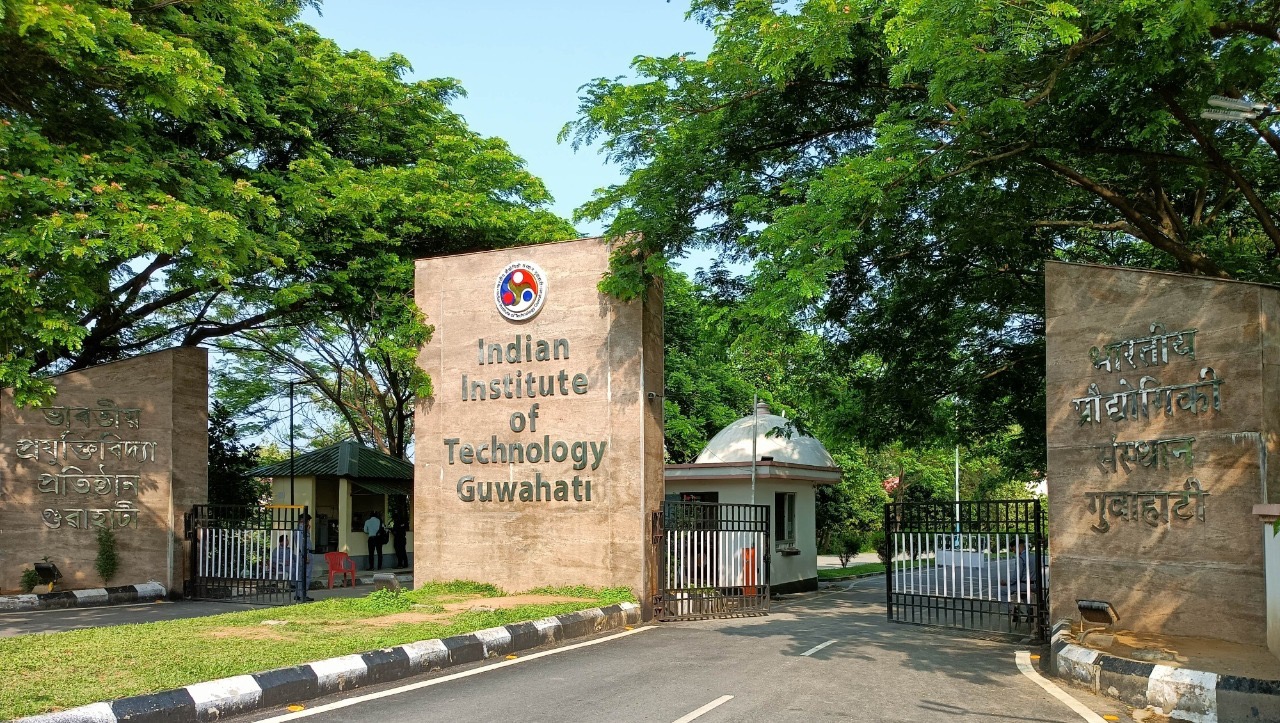In a major boost to Startup India, as many as 42 startups in the field of robotics, IT, water, oil sector, and biotechnology have been incubated by the Technology Incubation Centre (TIC) of the Indian Institute of Technology (IIT), Guwahati.
The centre provides technical support, business mentoring, a soft loan facility and space for new entrepreneurs and young minds to transform innovative ideas into viable business propositions.
IIT Guwahati TIC is connected to a pool of experts in terms of faculties, funding agencies such as Oil India Limited (OIL) and Numaligarh Refinery Limited (NRL) among others, and other financial institutions like Indian Bank and YES bank, said IIT-Guwahati director Prof TG Sitharam.
The institute has also partnered with NSRCEL-IIMBI for Women Startup Program (WSP).
These incubated startups will work in different sectors such as robotics, IT, water, oil, biotechnology, machine learning, IoT, renewable energy, home automation, and logistics sectors.
“IIT Guwahati through the TIC has embarked on encouraging the students, faculty, staff and other entrepreneurs to provide necessary technical guidance and convert their ideas into products and technology that will be useful to the society and make the country Atmanirbhar,” said Prof Sitharam stated.
TIC’s goal is to encourage entrepreneurial initiatives amongst the students, faculty and alumni of IIT Guwahati and other individuals interested in entrepreneurship across the country, and generate a vibrant business-oriented environment.
The centre is one of the business incubators approved and recognized by the Ministry of Micro, Small, and Medium Enterprises (MSME). Grant assistance from The Technology Development Board under the Ministry of Science and Technology has also been approved to support start-ups.
“IIT Guwahati’s Technology Incubation Centre plays an active role in the Northeastern region by serving as a focal point of interaction between venture capitalists, financial institutions, corporates, academicians, university students, and government members,” said Prof Vaibhav V Goud.
The rich group of stakeholders allows for an intensive exchange of ideas and enables the creation of quick and efficient solutions to problems that plague young minds, he added.









